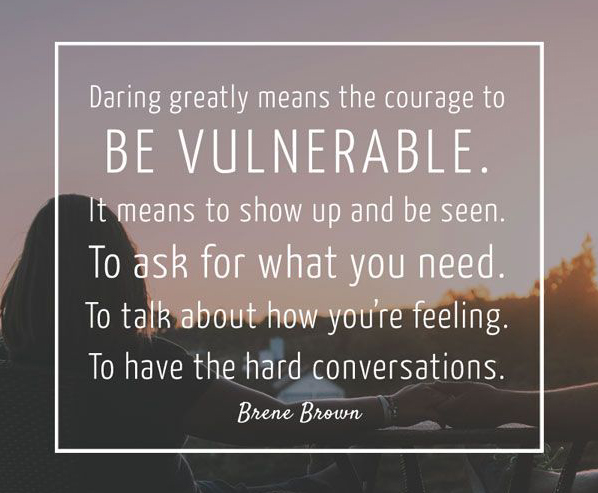What is emotional abuse?
Do you understand emotional abuse understand what it is? For me in many ways, it is one person expecting another to put them first – even though that could be detrimental to the other person. We all want to be important enough to another person that they want to put us first, it is the behaviour that follows comes with the expectation that can lead to abuse.
Put it another way; we would allow and encourage someone to put us first ahead of what is healthy and necessary for them or what they would really choose to do if they felt they could. Using tactics like manipulation, coercion, threats, emotional blackmail, attacking the sense of self and self-worth of another. To deliberately dismiss their values and their rights, their boundaries and autonomy.
I consider it very similar to a parent child relationship; a child is demanding and expecting of their needs to be met by their parent. However, as they age, hopefully they develop self-awareness and empathy for others and learn they can’t have everything they want no matter what the cost to others.
What happens if they don’t give us what we want?
What impact does that have on other relationships? Can they even see what they are expecting and that their behaviour is abusive? I think is part of why it’s so hard to recognise it sometimes. We have some blind spots with parent child relationships, but also, we might not just be the victim of it but we might also be the perpetrator.
Where is the line that you will or won’t cross?
For example, knowing you want to do something with your partner that they don’t want to do but finding a way to change their mind. Why aren’t you respecting their wishes? What were you prepared to do to get your own way? How much emotional pressure did you use to get what you wanted even though you knew they would be unhappy?
How often have you insisted a friend or family member put your needs first, even though they didn’t want to?
This leads to another question that is very uncomfortable to explore – why? Why can’t we accept someone saying no to us? Why can’t we accept that other people come first at times?
My experiences lead me to the conclusion that there is a great deal of insecurity and fear underlying a lot of this behaviour. Things can be changed, but recognising what is happening is necessary as a first step.

